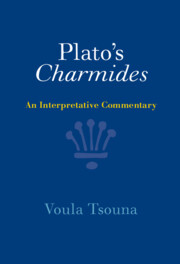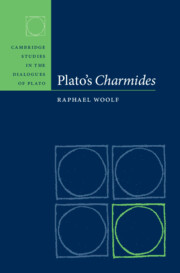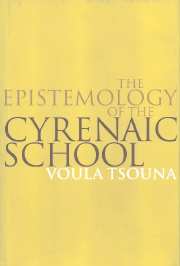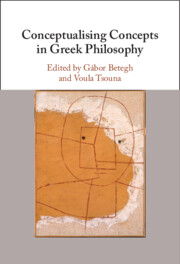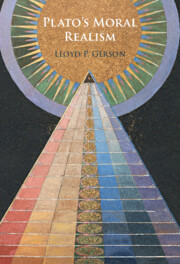Plato's Charmides
The Charmides is a difficult and enigmatic dialogue traditionally considered one of Plato's Socratic dialogues. This book provides a close text commentary on the dialogue which tracks particular motifs throughout. These notably include the characterization of Critias, Charmides, and Socrates; the historical context and subtext, literary features such as irony and foreshadowing; the philosophical context and especially how the dialogue looks back to more traditional Socratic dialogues and forward to dialogues traditionally placed in Plato's middle and late period; and most importantly the philosophical and logical details of the arguments and their dialectical function. A new translation of the dialogue is included in an appendix. This will be essential reading for all scholars and students of Plato and of ancient philosophy. This title is also available as Open Access on Cambridge Core.
- ddot; Illuminates this difficult and enigmatic dialogue by means of a close and systematic text commentary · Shows how the interplay of the philosophical issues, the characters and the dialectic evolve across the dialogue · Includes a new translation
Reviews & endorsements
'Voula Tsouna's welcome new edition of Plato's Charmides deserves to become the go-to book on this brilliant but too often marginalized dialogue. From the synoptic level all the way down to that of textual fine detail, she combines sensitive adjudication of existing interpretations, analytic subtlety, a keen eye for intertextuality, and a series of fine-tuned responses to the human interactions which frame and carry forward the dialogical narrative.' David Sedley, Laurence Professor of Ancient Philosophy Emeritus, University of Cambridge
'Written with an accessible clarity, Tsouna weaves together a comprehensive account of both the arguments and the dramatic action of this difficult dialogue, situating it in broader philosophical and political contexts. With all this, she offers an original and creative reading of the dialogue as a whole.' Melissa Lane, Class of 1943 Professor of Politics, Princeton University
Product details
No date availablePaperback
9781009364928
357 pages
229 × 152 × 19 mm
0.518kg
Table of Contents
- 1. Introduction
- 2. The prologue (153a1-159a10)
- 3. Charmides' first definition of sôphrosynê: Temperance is a kind of quietness (159b1-160d4)
- 4. Charmides' second definition: Temperance is a sense of shame (160d5-161b4)
- 5. Charmides abandons 'the best method'. The third definition: Temperance is 'doing one's own (161b4-162b11)
- 6. Enter Critias. The third definition revisited: Temperance is the doing or making of good things (162c1-164d3)
- 7. Critias' speech. Temperance is knowing oneself (164d4-165b4)
- 8. Socrates and Critias debate the technê analogy. From 'knowing oneself' to 'the knowledge of itself' (165b5-166e3)
- 9. Critias' final definition: Temperance is 'the science of itself and the other sciences' or 'the science of science' (166e4-167a8). The third offering to Zeus (167a9-c8)
- 10. Can there be an epistêmê of itself? The Argument from Relatives (167c8-169c2)
- 11. The Argument from Benefit (169c3-175a8)
- 12. The Epilogue
- Appendix: Plato's Charmides. Translation. Alternative format
- Bibliography.

